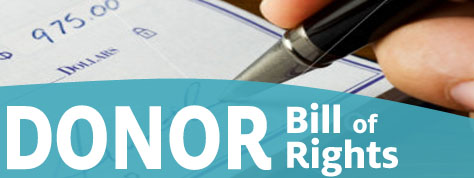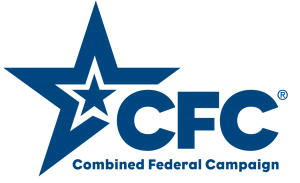
As a part of its strong commitment to financial stewardship and professionalism, the Board of Directors of FOCUS North America, by a unanimous resolution in its September 2009 meeting, along with the Staff endorsed the Donor Bill of Rights.
“Philanthropy is not just a financial means to a programmatic end. Rather it is a critical part of our civic and spiritual lives. Focus North America recognizes that ethical standards and principles are essential for earning and maintaining public trust as a non-profit agency, especially as an agency founded by Orthodox Christians,” said Fr. Justin Mathews, Executive Director and CEO.
In endorsing the Donor Bill of Rights, created by the Association of Fundraising Professionals (AFP) and other non-profit associations, FOCUS North America joins the United Way of America, the National Catholic Development Conference (NCDC) and other leading non-profits in affirming our commitment to financial stewardship and programmatic excellence.
The Donor Bill of Rights
Philanthropy is based on voluntary action for the common good. It is a tradition of giving and sharing that is primary to the quality of life. To ensure that philanthropy merits the respect and trust of the general public, and that donors and prospective donors can have full confidence in the nonprofit organizations and causes they are asked to support, we declare that all donors have these rights:
|
I. To be informed of the organization’s mission, of the way the organization intends to use donated resources, and of its capacity to use donations effectively for their intended purposes. II. To be informed of the identity of those serving on the organization’s governing board, and to expect the board to exercise prudent judgment in its stewardship responsibilities. III. To have access to the organization’s most recent financial statements. IV. To be assured their gifts will be used for the purposes for which they were given. V. To receive appropriate acknowledgement and recognition. |
VI. To be assured that information about their donation is handled with respect and with confidentiality to the extent provided by law. VII. To expect that all relationships with individuals representing organizations of interest to the donor will be professional in nature. VIII. To be informed whether those seeking donations are volunteers, employees of the organization or hired solicitors. IX. To have the opportunity for their names to be deleted from mailing lists that an organization may intend to share. X. To feel free to ask questions when making a donation and to receive prompt, truthful and forthright answers.
|


